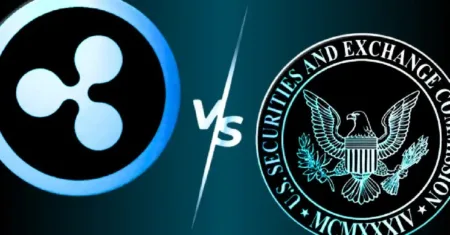Crypto-asset service providers in the Philippines must now obtain licenses and adhere to strict disclosure requirements under what is considered the country’s most comprehensive digital asset framework to date.
CASPs operating within the country are mandated to register as local corporations with a minimum paid-up capital of ₱100 million (US$1.8 million).
The new guidelines, initially issued on May 30 under the Philippines SEC Memorandum Circular No. 5, took effect on Thursday.
Companies are also required to maintain physical offices, segregate customer assets from corporate holdings, and submit regular operational reports.
The regulator would also require documentation on any digital asset issued or serviced by a company to fully explain the asset’s features, risks, and its underlying technology.
The SEC’s move is “a watershed moment” that could “create short-term compliance hurdles, especially for smaller players,” Nathan Marasigan, Partner at MLaw Office, told Decrypt.
While this may be the case up front, the new guidelines “ultimately set the stage for mainstream adoption of crypto by establishing a regulatory regime where there previously was none,” Marasigan said.
The framework addresses a massive, largely unregulated market that affects millions of Filipino crypto investors, which Philippines Finance Secretary Ralph Recto claimed was sized at roughly $107 billion.
Still, the new guidelines may make technical requirements for running crypto services more challenging, at least in the short term.
“From the perspective of the local firms, there will be some substantial challenges involved in implementing the new CASP rules,” Luis Buenaventura, head of crypto at finance super-app GCash, told Decrypt.
Certain requirements from the SEC mandate “customer data and order execution” to be stored “within the geographic boundaries of the Philippines,” which could imply that “cloud hosting like AWS or Azure is discouraged,” Buenaventura explained.
Such a requirement might “make it infeasible for international players to set up shop here without restructuring their tech stack,” he said.
Under the new rules, CASPs will be classified as covered entities subject to joint oversight by the SEC and the Anti-Money Laundering Council.
Operational requirements include transaction monitoring systems, Know Your Customer (KYC) procedures, and quarterly reporting of board minutes and risk assessments.
“Regulation is rarely perfect on day one, but as long as the regulatory authority takes a progressive approach and stays open to refining the framework over time, then I think this signals the Philippines’ intent to encourage growth and development in this sector,” Marasigan said.
Edited by Sebastian Sinclair
Read the full article here









